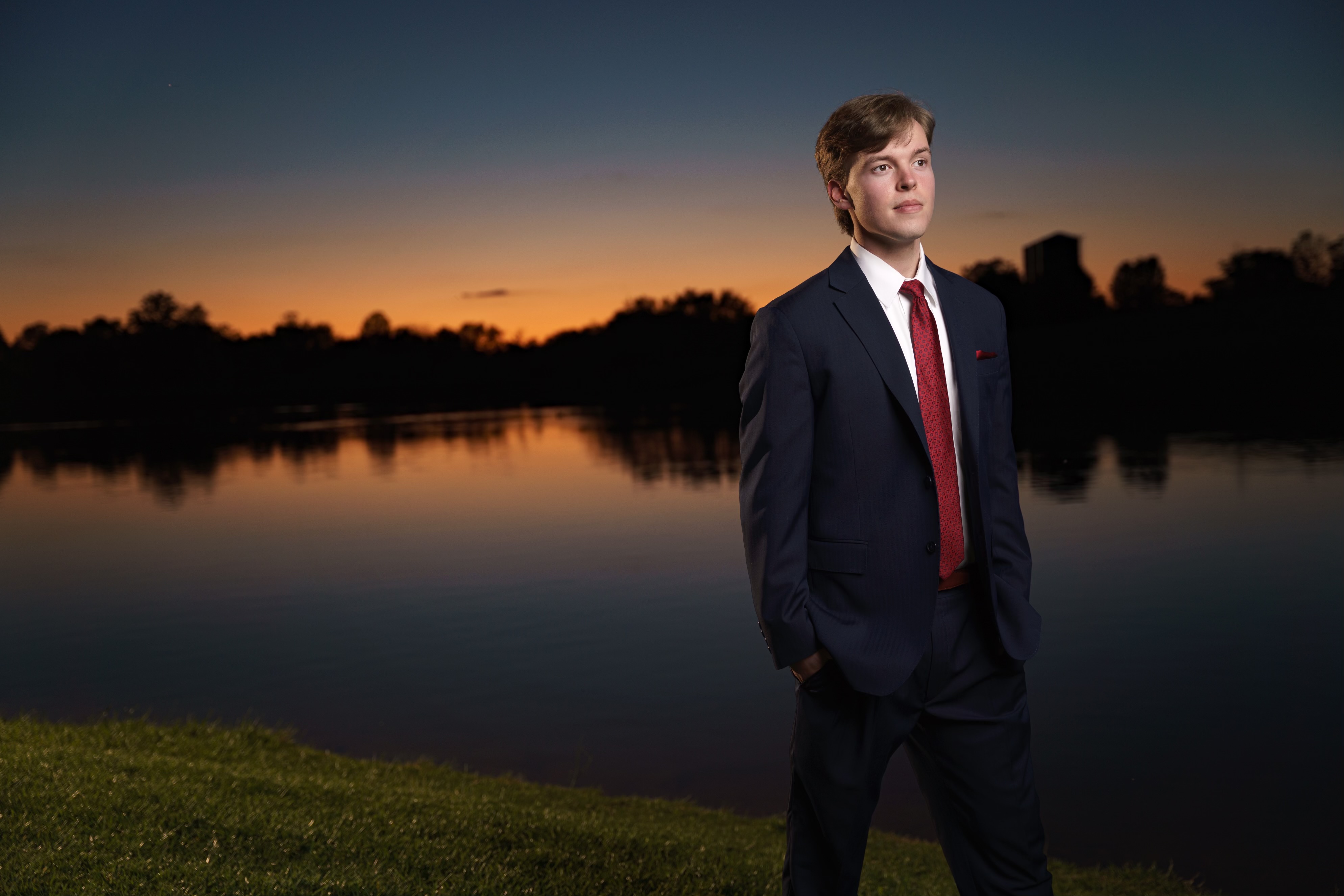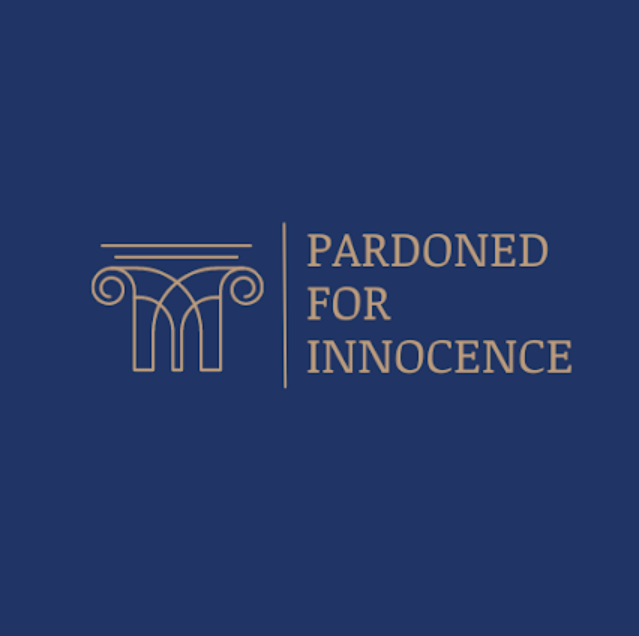Student Spotlight: Jackson Parrott, '27, Yale University
By Erin conner, writer and communications associate
As a first-year undergraduate student and prospective Global Affairs major at Yale, Jackson Parrott has an impressive resume of experience in the spheres of public policy and politics. He is a researcher for the Yale Foreign Policy Initiative, a Policy Analyst for the Space Policy Research Collaborative, and a member of the Yale Undergraduate Moot Court Team. He has previously served as the Head of Global Organizational Outreach for the Climate Science Olympiad and as an Economic Policy Fellow for the Greater Good Initiative; he served as a Field Director and staff intern for both a lieutenant gubernatorial candidate and for a US Senate campaign. In addition, Parrott is an Air Force ROTC Cadet and is a Harvard Undergraduate International Relations Scholar.

Two years ago, as a junior in high school, an article came across Parrott's news feed regarding a man who was wrongfully imprisoned for life in North Carolina; Duke University's legal aid helped to vacate his conviction over two decades later. Parrott read that this man was not eligible to apply for wrongful conviction compensation benefits, and this possibility stirred a discontent in Parrott that prompted him to call the attorney and ask for confirmation about the article's statements.
As a result, Parrott learned that the story is true and that this is, indeed, how North Carolina's statute is currently framed. After researching more, he found no other groups looking at pathways to help exonerated people better access the benefits they need. Instead, he discovered a crucial issue that revealed a fundamental problem that he felt someone needed to address. "I can't be the only one who sees a problem here, but because it's such a small proportion of the population, it does not get any attention or advocacy," Parrott said.
Due, in part, to his work experience, Parrott felt he could navigate this space. "I don't know if I can do anything at all, but let me see," he recalls thinking.
Parrott started a nonprofit organization called Pardoned for Innocence as a result of reading that article on his news feed that day. However, as he finished up his high school career and began university life, the organization was placed on a back burner in his life.
By the new year, Parrott had set a resolution: put down some Christian roots at Yale and make a commitment to attend Christian Union's weekly Bible Course, and so he did.
One night at Bible Course, "discussing the lesson about taking risks for Christ, hearing other people share testimonies, and listening to Scripture, I felt the whole conversation was targeted at me," Parrott said. Then the challenge from Christian Union's ministry director, Jeff Walsh, came to each student in the group: "How is this speaking into your life right now? What can I pray specifically for you in relation to this topic?"
Parrott began thinking about the nonprofit he had started, saying to God, "If this is what you want me to do, keep showing me the way."
In time, he knew what he needed to do. Sitting in Christian Union's ministry house, the James W.C. Pennington Center, he renewed the nonprofit's website and created a Google document of tasks that needed to be done to reestablish this organization before the upcoming North Carolina legislative session.
Christian Union Lux's ministry director, Walsh, recalls Parrott telling him, "After being challenged to take risks for God–to see Him move in our lives on campus and in this country–I have restarted my campaign to change the law for this man and for others across the country. I want Jesus to be known in our legal systems as someone who cares for the marginalized."
Parrott is motivated to share his mission with others. In the last month, he has created a network of professionals to promote and contribute to the vision and mission of Pardoned for Innocence. He is building an activism campaign to mobilize youth to drive legislative change, collecting petition signatures, and developing a white paper outlining needed change to wrongful conviction compensation laws.
When asked about the challenge of taking bold steps without knowing the outcome, he mentioned a move he and his family made from Florida to Kentucky as an example of a difficult step in his life that required faith. Parrott recalled talking to God about the move, confessing to Him, "I don't know why and I don't like it, but I'll go where You lead; just stay with me."
"Is it an easy road? Absolutely not, but God's plans are irrespective of my plans, and the great news is they are far better," he said. One step at a time, Parrott is walking in faith, trusting God to light his path, and in so doing, he is inspiring others to use their abilities to effectuate meaningful change in their God-given spheres of influence.












